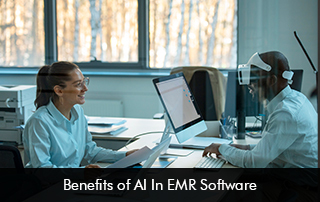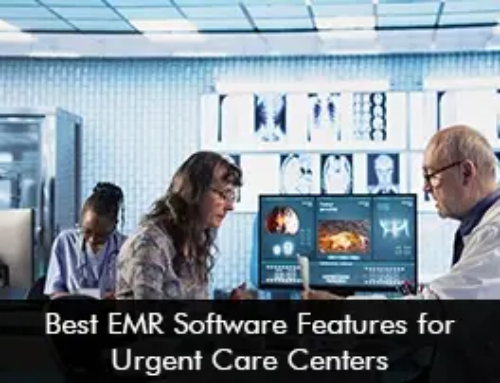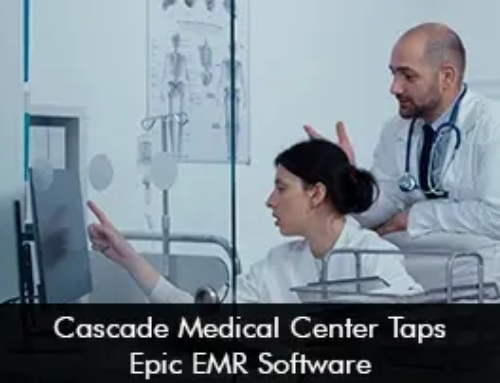Artificial Intelligence is transforming Electronic Medical Records (EMR) Software in terms of efficiency, precision, and flexibility. Enhancing the usage of advanced AI application tools will strengthen healthcare delivery systems and confront new problems in the provision of healthcare.
Different AI Integrations in EMR Software
Natural Language Processing (NLP)
NLP technology saves the providers time and translates them into structured pieces of documentation, streamlining the tedious charting process. This enhances the best time for documenting clinical notes. Now clinicians have more time to focus on their patients and give them undivided attention during patient encounters,
Predictive Analysis
Using patient data, computing intelligence-based automated systems assess the prospect of health risks. For instance, predictive analytics in EHR Software can identify patients with the likelihood of developing a chronic disease; this way, patient treatment plans are customized.
Clinical Decision Support Systems (CDSS)
AI in a CDSS determines the patient’s data to suggest the best treatment option. This minimizes the possibility of giving out wrong information and supports the provider’s decision-making at the point of care to boost health outcomes.
Automated Appointment Scheduling
EMR Software with Artificial Intelligence applications increases appointment management by providing estimations for patients’ nonattendance and resource allocation. This leads to the improvement of clinic flow and patient care.
Image Analysis and Diagnostics
Tools implemented in the EHR Software through AI support analysis of medical images such as radiology, CT scans, ultrasound, X-ray, and MRI scans among others at a very high accuracy. Hence, healthcare providers are empowered to provide the correct diagnosis more quickly.
Benefits of AI in EMR Software
- Better efficiency in daily workflows saves time.
- With AI tools integrated into EHR Software diagnostic accuracy improves reducing errors.
- Personalized care can be delivered with data-driven insights provided by sophisticated AI solutions in electronic medical records software.
- There is better accessibility with automated workflows.
- Patient satisfaction scores can increase and health outcomes can improve.
- Alleviate the graving issue of physician burnout as daily tasks are simplified.
Healthcare and Electronic Medical Record (EMR) Software – The Future of AI
There are expectations that the use of AI in healthcare is set to advance, new areas for its utilization are real-time health monitoring, AI in promoting data sharing and interoperability, and sophisticated medical robots.
EMR Software will become more of a morphing interface that will require very few inputs/input from the providers/systems. The future also holds promise for Federated Learning in which decentralized systems learn collectively without sharing data—something that is paramount in the health domain.








